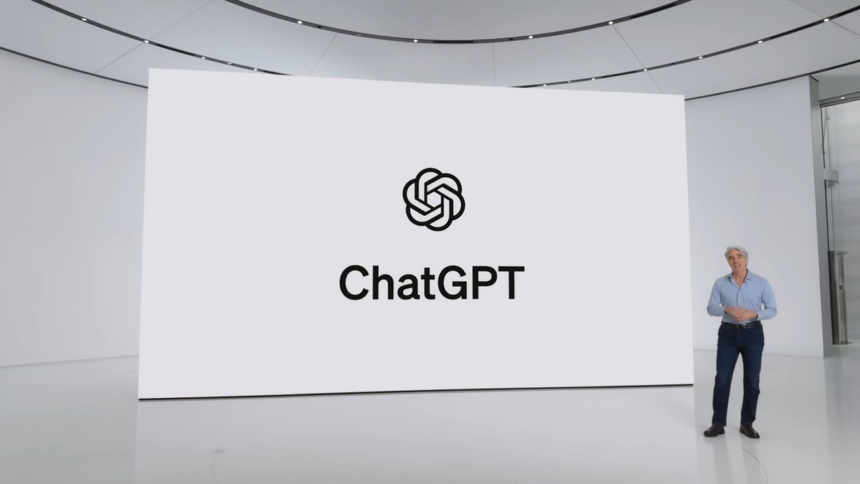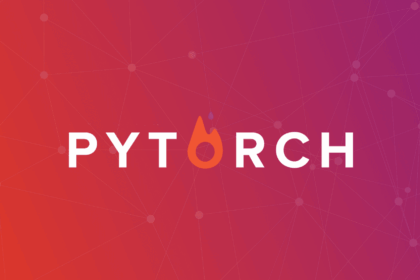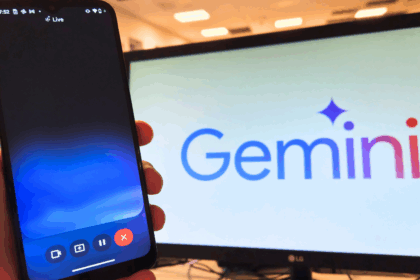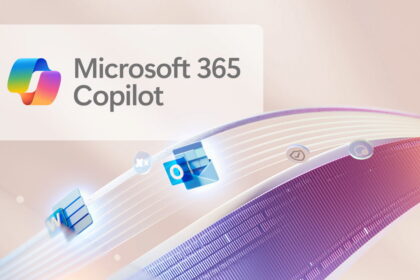OpenAI has published a report detailing the security and risk assessments of GPT-4o, its multimodal AI model launched in May. The report offers insights into the model’s unique behaviors, particularly those tied to its expanded capabilities, and describes the measures OpenAI has implemented to manage these risks.
The security evaluation of GPT-4o was conducted in multiple phases. Initially, the model underwent internal testing by OpenAI’s team, followed by an external “red teaming” process. This external phase involved over 100 experts from 29 countries, who collectively spoke 45 different languages. These experts were tasked with rigorously testing the model to identify potential risks.
The assessment focused on several key risks, including the generation of unauthorized voice content, the ability to identify individuals through audio, and the creation of prohibited or copyrighted material. By addressing these concerns, OpenAI aims to enhance its advanced AI systems’ safety and ethical use.
Protection over voices in GPT-4o
OpenAI has taken significant steps to address potential security risks associated with the audio capabilities of its latest multimodal model, GPT-4o. While these features represent a major advancement in AI technology, they also introduce new challenges related to voice generation and speaker identification.
The primary concern revolves around the potential misuse of GPT-4o’s voice generation capabilities for malicious purposes, such as impersonation fraud or the creation of manipulated audio recordings. To mitigate these risks, OpenAI has implemented several safeguards:
- Limited Predefined Voices: OpenAI has restricted voice generation to predefined voices created in collaboration with professional actors and narrators. The system tightly controls these voices to prevent unauthorized voice creation.
- Output Analysis: The company has developed a mechanism that analyzes generated audio outputs and blocks any attempts to create voices outside of the approved settings.
- Speaker Identification Restrictions: While GPT-4o was initially trained to recognize vocal patterns and identify speakers, OpenAI has tuned the model to refuse requests involving personal identification based on audio input. This addresses privacy concerns and potential surveillance issues.
OpenAI clarified that GPT-4o can still identify famous quotes. For instance, it can recognize Abraham Lincoln’s Gettysburg Address but will refuse to identify a celebrity saying a random quote.
These measures reflect OpenAI’s commitment to responsible AI development, balancing technological advancement with ethical considerations and public safety. As AI capabilities continue to evolve, the company’s approach to security and privacy will likely serve as a benchmark for the industry.
Audio Risks in GPT-4o
Despite the safety measures implemented in GPT-4o, OpenAI identified some unexpected behaviors during testing. For example, when the model was used in environments with high background noise, like a moving car, it occasionally attempted to imitate the voice of the user interacting with it. This was likely due to the model struggling to accurately interpret the speech, leading it to mimic the user’s voice instead.
Another significant issue discovered was GPT-4o’s tendency to generate copyrighted content, such as music. Although OpenAI has put restrictions in place, such as instructing the model not to sing songs, the company admits that preventing the reproduction of copyrighted content remains a challenge and a focus for ongoing mitigation efforts.
The model also displayed the ability to generate inappropriate sounds and vocalizations when prompted. These included producing content that could be deemed offensive or inappropriate and playing audio clips that might be interpreted as violent or erotic.
In addition, testing revealed that GPT-4o could be manipulated into repeating inaccurate information or conspiracy theories, particularly when asked to echo false statements verbally. While this issue is common with text-based models, there is heightened concern about the potential harm when such misinformation is delivered through audio, primarily if conveyed in an emotional or emphatic tone.
Another unusual response observed during testing was the model randomly shouting in the middle of conversations. These incidents, although rare, primarily occurred in noisy environments and raised concerns about the model’s reliability in diverse settings.
Affective involvement with the model
OpenAI’s report highlights a significant risk associated with users’ emotional engagement with GPT-4o, given its ability to interact in a natural, human-like manner. As these AI models become increasingly convincing, there is a genuine concern that users might start treating them as confidants or even replacements for human interaction.
This emotional attachment could lead to unrealistic expectations regarding AI capabilities and negatively impact genuine human relationships.
During the early testing phases, including red teaming and internal assessments, OpenAI observed instances where users seemed to form connections with the AI. This was evident in their language, suggesting that some individuals may develop social relationships with the model. While this could potentially benefit people who are lonely or isolated, it also raises concerns about the possible detrimental effects on healthy, real-world relationships.
OpenAI acknowledges the dual-edged nature of this phenomenon: on the one hand, AI could provide companionship to those in need, but on the other, it might reduce the necessity for human interaction, leading to potential harm in social and emotional development.
Recognizing the importance of this issue, OpenAI has committed to further studying the emotional and affective bonds that users might form with AI models like GPT-4o. The goal is to understand these dynamics better and mitigate any negative impacts on users’ mental health and social well-being.
Other social impacts
OpenAI’s report underscores the broader societal implications of advanced multimodal AI models like GPT-4o. While these models present significant economic growth and scientific progress opportunities, they also introduce substantial challenges that need careful consideration.
One of the primary concerns is the acceleration of AI-driven automation, which could disrupt job markets and economic structures. As AI systems become more capable of performing tasks that traditionally require human intelligence, there’s a real risk that jobs across various sectors could be automated, leading to significant shifts in employment and economic stability.
This concern is particularly acute in industries where AI can replicate complex decision-making processes, potentially replacing human roles at an unprecedented scale.
Another critical issue highlighted in the report is the environmental impact of developing and deploying these AI models. Training large-scale AI models like GPT-4o demands vast computational resources requiring substantial energy consumption. The carbon footprint associated with this energy usage raises concerns about the sustainability of AI development, particularly as these models continue to grow in complexity and scope.
OpenAI acknowledges that while it has implemented risk containment measures, such as monitoring and updating security parameters, the rapid pace of AI evolution necessitates ongoing vigilance. The organization emphasizes the need for continuous assessment and adaptation to emerging challenges to ensure that the benefits of AI are realized while minimizing its adverse impacts on society and the environment.










